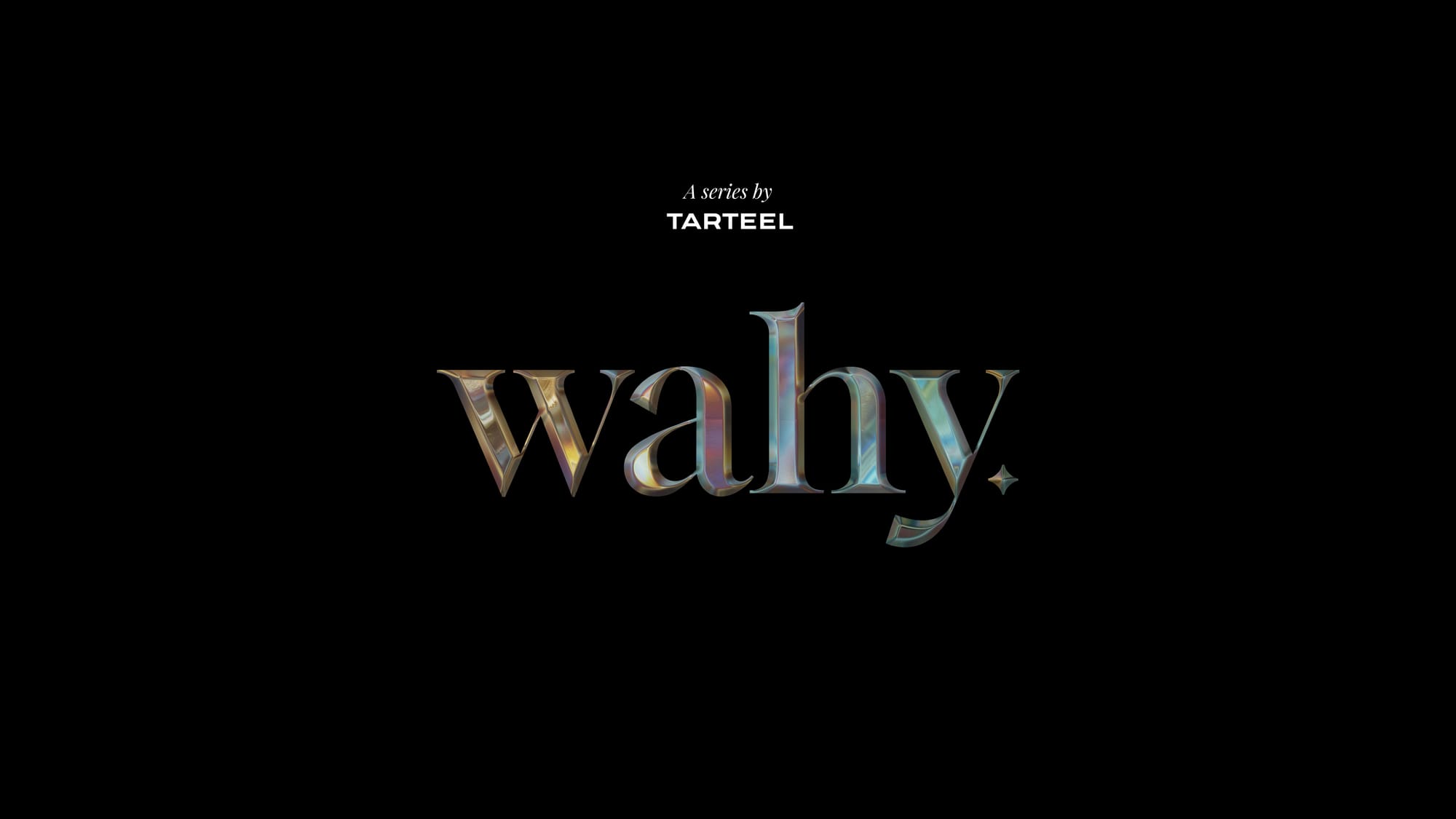Are you looking for effective ways to memorize the Quran? The journey of Quran memorization (hifz) has traditionally required dedicated time with teachers, carefully reciting verses and receiving feedback. While this traditional method remains invaluable, artificial intelligence is now revolutionizing how Muslims approach Quran memorization, making the process more accessible and effective than ever before.
Tarteel's groundbreaking AI technology honors the rich oral tradition of Quran recitation while providing modern tools to enhance your memorization journey. Just as students have recited to teachers for centuries, you now recite directly to Tarteel, using your voice to interact with the app in a natural, intuitive way that mirrors traditional learning methods. This voice-based interaction preserves the essential auditory and oral experience of Quran learning while adding powerful new capabilities.
Whether you're beginning your hifz journey or strengthening existing memorization, learning how to effectively use Tarteel's voice-interactive AI can dramatically enhance your Quran memorization experience.
Best Methods for Quran Memorization in the Digital Age
Traditional Quran Memorization Methods and Today's Challenges
For fourteen centuries, Quran memorization has been primarily an oral tradition. Students would recite to teachers who would listen attentively, correct mistakes, and guide the memorization journey. This oral transmission produced generations of huffaz who preserved the Quran with remarkable accuracy.
However, today's Quran memorizers face several challenges:
- Limited access to qualified teachers in many regions
- Time constraints making regular classes difficult
- Inconsistent practice between sessions
- Difficulty tracking memorization progress systematically
These challenges don't diminish the value of traditional learning but highlight gaps that modern technology can help address. Many sincere Muslims find themselves unable to access teachers regularly or need additional support between lessons to maintain their Quran memorization practice.
How Tarteel Preserves Oral Tradition While Enhancing Quran Memorization
Tarteel represents a breakthrough in Islamic education technology by preserving the essential oral nature of Quran transmission while adding powerful digital capabilities. Unlike basic recording apps or digital text, Tarteel creates an interactive experience where you recite out loud just as you would to a teacher.
The app listens as you recite, creating the same active engagement that has characterized Quran learning for centuries. This voice-based interaction maintains the spiritual and educational benefits of reciting the Quran aloud - a practice emphasized throughout Islamic tradition - while providing immediate digital feedback.
By maintaining this oral dimension, Tarteel ensures your memorization involves not just visual memory but also the muscle memory of pronunciation and the auditory experience of hearing yourself recite - all critical components of effective and lasting Quran memorization.
Learn more about the oral tradition of the Quran 👇

How to Use Voice-Interactive AI for Better Quran Memorization
Voice-Based Learning: The Core of Effective Quran Memorization
The most revolutionary aspect of Tarteel's system is how it maintains the oral tradition at the heart of Quran learning. When using Tarteel, you aren't just reading silently or typing - you're speaking the Quran aloud as Muslims have done for fourteen centuries.
This voice-interactive approach creates several powerful benefits for Quran memorizers:
- Active engagement: Speaking aloud creates stronger neural pathways than silent reading
- Multi-sensory learning: Engaging both visual and auditory memory systems simultaneously
- Practical application: Developing the actual skills needed for recitation in prayer
- Immediate feedback: Receiving verification while actively reciting
When you recite to Tarteel, the app listens and provides immediate feedback, creating a tight learning loop that accelerates Quran memorization improvement. Rather than practicing incorrectly for days before your next teacher meeting, you receive instant verification, helping develop proper habits from the beginning.
See it in action 👇
Step-by-Step Guide to Memorizing Quran with Tarteel
Here's a practical process for using Tarteel's voice-interactive technology to maximize your Quran memorization effectiveness:
- Listen first: Before attempting memorization, use Tarteel to listen to a professional recitation of your target verses 3-5 times, absorbing the correct pronunciation and flow.
- Understand the meaning: Review the translation provided in Tarteel to create stronger contextual memory connections.
- Begin voice-based practice: Recite while looking at the text, speaking clearly to Tarteel just as you would to a teacher. The app listens and provides immediate feedback.
- Test with hidden text: Use Tarteel's hidden verse feature to test your memorization while still reciting aloud for verification. The app can reveal words progressively as needed.
- Establish consistent review: Create a regular schedule to review previously memorized portions by reciting them to Tarteel for verification.

Best Practices for Quran Memorization with Voice-Interactive AI
Creating Your Ideal Quran Memorization Environment with Tarteel
Establishing the right environment for voice-based Quran memorization is essential for success. Here's how to optimize your setup:
- Choose a quiet space: Since you'll be reciting aloud to Tarteel, find a location where you can comfortably recite without distraction or interruption. Read more on how to create the PERFECT environment for Quran memorization.
- Optimize audio quality: Use a device with a good microphone for clear voice capture.
- Install Tarteel: Download the Tarteel app from your device's app store.
- Set up comfortable seating: Since you'll be engaging in voice-based learning, position yourself comfortably for extended recitation sessions.
Once your environment is established, you're ready to begin your voice-interactive Quran memorization practice with Tarteel.
Integrating Tarteel's Voice-Based Practice with Teacher Guidance
The most effective Quran memorization approach combines Tarteel's voice-interactive technology with traditional teacher guidance. Here's how to integrate these complementary methods:
- Use Tarteel for daily voice practice: Between lessons with your teacher, practice reciting to Tarteel daily for consistent engagement and feedback.
- Prepare for in-person sessions: Before meeting your teacher, use Tarteel's analytics to identify specific areas where you need human guidance.
Fastest Ways to Memorize Quran Using Tarteel's Voice-Interactive Technology
The Complete Verse Method for Efficient Quran Memorization
One of the most effective approaches for memorizing Quran using Tarteel's voice-interactive features by combining visual memory and vocal practice:
- Read a complete verse while looking at the text in Tarteel
- Recite the same verse aloud to Tarteel without looking
- Repeat this process 5-7 times until comfortable
- Move to the next verse and repeat
- Connect verses by reciting them together
- Verify the entire section by reciting to Tarteel
This method leverages Tarteel's voice recognition to provide immediate verification at each step, helping you build confidence before moving forward. Many users report this approach leads to faster and more secure memorization than traditional methods alone.
The Progressive Partial Method for Challenging Passages
For longer or more difficult verses, Tarteel's voice-interactive capabilities support the Progressive Partial Method:
- Divide the verse into natural phrases or segments
- Read the first segment while looking at Tarteel
- Recite it aloud to Tarteel from memory
- Add the next segment, reciting both together
- Continue adding segments, always reciting from the beginning
- Verify the complete verse by reciting to Tarteel
This technique particularly benefits from Tarteel's voice-based interaction, as it provides verification at each step, preventing the accumulation of errors that often occurs when memorizing longer passages.
How Voice-Interactive AI is Transforming Quran Memorization Globally
Making Authentic Quran Memorization Accessible Worldwide
Tarteel's voice-interactive technology is democratizing access to quality Quran memorization guidance. In regions where teachers are scarce, Muslims can now engage in authentic, voice-based learning by reciting directly to Tarteel.
This accessibility has particular impact for:
- Muslims in non-Muslim majority countries
- Women who may have limited access to qualified teachers
- People with demanding schedules who cannot attend regular classes
- Those in remote areas far from Islamic learning centers
By providing a platform for voice-based learning that mimics the traditional teacher-student interaction, Tarteel preserves the essence of authentic Quran transmission while making it accessible to previously underserved communities worldwide.
Balancing Digital Innovation with Quran Memorization Tradition
As we embrace Tarteel's voice-interactive technology, maintaining appropriate balance with tradition remains essential. The goal isn't replacing traditional oral transmission but enhancing and extending its reach.
The most effective approach:
- Values the oral recitation tradition central to Quran learning
- Preserves the auditory and vocal aspects of memorization
- Sees technology as a tool serving the ultimate goal of connecting with Allah's words
With this balanced perspective, Tarteel becomes not a departure from tradition but an enhancement that maintains the oral essence of Quran memorization while making it more accessible and effective for modern Muslims.
Starting Your Voice-Interactive Quran Memorization Journey
The integration of voice-interactive AI through Tarteel represents a significant advancement in Quran memorization, honoring the oral tradition that has preserved the Quran for fourteen centuries while adding powerful new capabilities. Whether you're beginning your Quran memorization journey or strengthening existing memorization, Tarteel offers unprecedented support while maintaining the essential voice-based nature of authentic Quran learning.
The most successful approach combines the best of traditional oral methods with Tarteel's voice-interactive technology. Use Tarteel for consistent daily recitation practice while maintaining connection with qualified teachers when possible for deeper guidance.
Begin your voice-enhanced Quran memorization journey today:
- Download Tarteel and explore its voice-interactive features
- Set up your initial Quran memorization goals
- Establish a daily practice routine of reciting to Tarteel
- Track your progress to continually refine your approach
The journey of carrying Allah's words in your heart through memorization is one of life's most rewarding spiritual endeavors. With Tarteel's voice-interactive support, that journey is more accessible than ever before – regardless of your location, schedule constraints, or current memorization level.
Frequently Asked Questions (FAQs)
How effective is voice-based learning with Tarteel compared to traditional methods?
Research indicates that voice-interactive learning with Tarteel often enhances long-term retention compared to silent study alone. The combination of speaking aloud, hearing yourself recite, and receiving immediate feedback creates stronger, multi-sensory memory pathways. The most effective approach combines Tarteel's voice-based practice with periodic teacher guidance.
How can Tarteel help strengthen previously memorized portions of the Quran?
Tarteel is particularly effective for strengthening existing memorization through active recitation practice. By reciting previously memorized portions to Tarteel, you can identify areas that need reinforcement and maintain regular vocal review. Many established huffaz use Tarteel to maintain what they've already memorized through consistent voice-based practice.
What makes voice-interactive learning better than silent reading for Quran memorization?
Voice-based memorization engages multiple learning systems simultaneously: you see the text, hear yourself recite, and feel the physical act of pronunciation. This multi-sensory approach creates stronger neural connections than visual memory alone. Additionally, since the Quran is meant to be recited in prayer and worship, practicing through actual recitation develops the practical skills you'll use daily.







